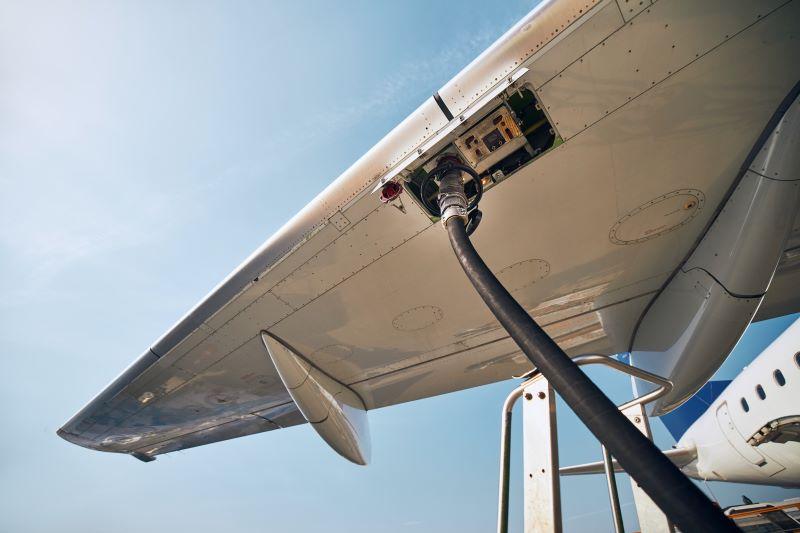
EASA has published a regulatory change which will allow airlines to reduce the amount of fuel carried for diversions and delays.
This could cut CO2 emissions by up to 3 million tons annually, representing approximately 1% of European flight emissions.
The change, announced by EASA March 25, will take effect as of Oct. 30, and will more closely align EU rules with ICAO guidance about fuel planning and management.
“There is no reason to lift up more fuel reserve into the sky than necessary; lifting fuel burns more fuel,” EASA flight standards director Jesper Rasmussen said. “Most importantly, this can be done without compromising safety. The reduction is possible thanks to better assessment methods and better data, which allow airlines to carry out a more precise risk assessment.”
Airlines are required to carry enough fuel in case of flight plan changes, such as holding delays, or diversions caused by poor weather and other issues. However, this adds weight, increasing fuel consumption and total emissions. Under the new EASA rules, airlines will be able to use data to optimize this additional fuel requirement.
Fuel uplift reductions will vary depending on the routing and aircraft used, as well as whether airlines opt into the full scheme, which has two voluntary options.
“The new rules bring in three different fuel schemes: basic fuel scheme, fuel scheme with variations and individual fuel scheme,” EASA said. “The transition from the current rules to the basic fuel scheme requires little additional effort from the perspective of an air operator.”
EASA said the other two schemes are voluntary and will take more resources to implement as those require enhanced monitoring capabilities from the airlines. The regulator noted that national authorities “will also have to adjust their oversight to ensure that safety levels are not compromised.”
The new rules will also apply to aircraft powered by alternative energy sources, such as electric aircraft.


Comments